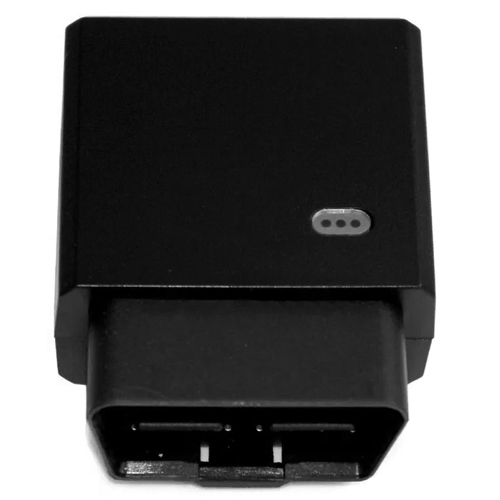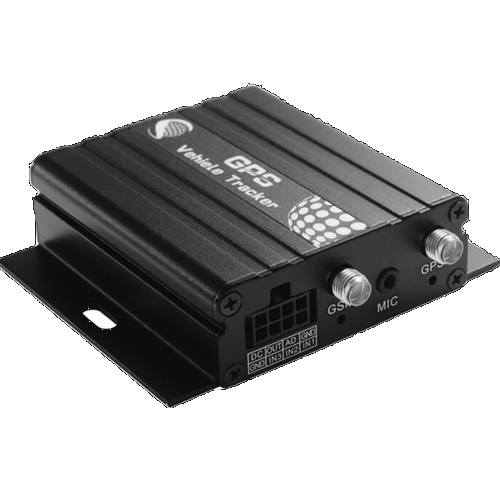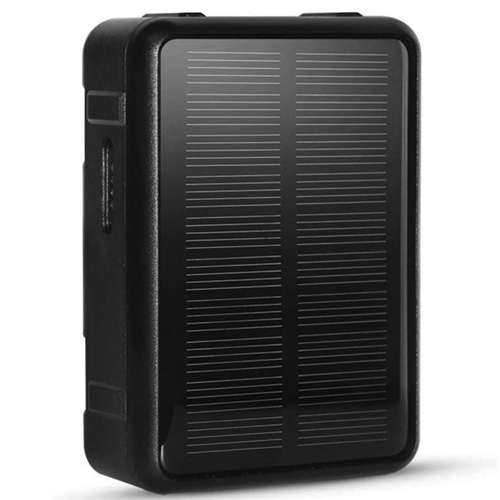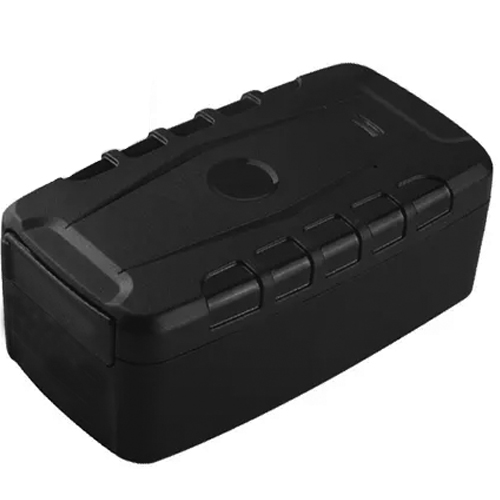GPS tracking devices work in conjunction with GPS tracking software to monitor vehicles & assets in real-time, using location co-ordinates obtained over GPS, and then sent directly to a user, or tracking software which is then accessed by a user.
GPS Tracking Devices Telemetry Data Exchange and Collection
Telemetric data is sent and receives by a GPS tracker in one of the following ways:
- The Global Positioning System
- Satellites supply latitude/longitude co-ordinates
- Diagnostic plug-ins
- OBD diagnostic information such as Engine RPM, VIN number, MPG
- CANbus Such as Sealtbelts, airbag, audio system
- Temperature sensors
- Driver input data
- RFID swipe cards
Location data is generated by multiple satellites which is then stored as longitude/latitude co-ordinates on the GPS tracking device in-built memory.
That data is then sent off to a user in the form of a maps link for viewing, or to a gps tracking server which can be accessed using an application or web portal.
From there, the co-ordinates are then transferred into a human readable format, such as a pin applied on a map.
Common Types of GPS Tracking Devices
Plug and Play (OBD)
This tracker is an OBD gps tracker. plug and play

Applications
- Passenger Cars
- Trucks
- Buses
Installation
The installation of an OBD gps tracker is the simplest.
Hardwired
This tracker requires wiring in.
Supports a variety of RS232 and external sensors.

Applications
- Large Motorbikes
- Passenger Cars
- Trucks
- Bus
Installation
Intermediate, requiring wiring into a vehicle either by using special plugs or cutting into the wiring. However has the most control over the vehicle.
Solar
Ideal for environments without power.

Applications
- Livestock
- Assets
- Containers
- Boats & Ships
- Agriculture, Farm Equipment, Irrigators
- Large Motorbikes
- Passenger Cars
- Trucks
- Bus
Battery

Applications
- Large Motorbikes
- Passenger Cars
- Trucks
- Bus
- Containers
- Agriculture, Farm Equipment, Irrigators
Magnetic

Applications
- Large Motorbikes
- Passenger Cars
- Trucks
- Bus
- Containers
Mini Tracking Device

Applications
- Personal
- Pets & Animals
- Elderly
- Scooters
- Bicycles
- Small & Large Motorbikes
The Benefits
Productivity improvement
GPS Tracking Devices are highly beneficial for fleet managers, business owners and individuals alike.
They will provide insights and tools to optimize driver performance, whilst also providing an anti theft and theft retrieval.
The ability to improve driver performance and interactions with dispatch also improve communication between the office, driver and customer.
In addition, these devices will help maximize billable hours within a day by decreasing the amount of time drivers spend in between tasks.
As a result, business profitability increases.
Driver behavior & vehicle usage
Business models that depend upon time-saving operational and maintenance costs will save money.
However, companies will often ignore vehicle data which can be acted upon.
These actions will lead to better visiblity and control of their vehicles & fleets.
Combining GPS tracking data and vehicle diagnostic information will provide an intricate look into performance of a fleet.
This overview will lead to ensuring better decisions are made which reduce the fuel consumption, improve customer satisfaction, increase driver & customer safety and ensure the company investments go further.
Remote management
Regardless of where your vehicles are, remaining connected to your fleet is business critical.
Improvements in GPS tracking technology have allowed companies the ability to manage their fleet from anywhere that has an internet connection
GPS tracking devices allows constant access to their vehicles location through any internet-connected device.
Alerts of activity in the fleet such as excessive idling and unauthorized usage can be sent via email, in-application notifications or email.
Both the hardware and software allows fleets to stay competitive and make faster decisions whilst maintaining smarter business decisions.
Safety improvements
By examining drivers behaviors regarding safety, managers can easily address problematic areas and take action to reduce business risks including damage to vehicles and third party property.
The drivers behaviors which can be managed are
- Harsh accelerating
- Sudden braking
- Speeding
- Excessive Idling
- Engine diagnostic codes
This information is stored and can be reviewed at any time through the gps tracking software.
Ensuring compliance
To ensure fleets remain up-to-date and risks are minimized, GPS tracking devices send data through to a single platform.
Configuration in this way will reduce administrative work while ensuring compliance with legislation of government.
Not only is the compliance easily tracked with a GPS tracking device, it can also positively contribute to multiple layers within a company.
Staying compliant legally reduces the risk of fines, encourages trust from the customer and increases improves maintenance of a vehicle.
As a result, a superior return on investment is guaranteed.
